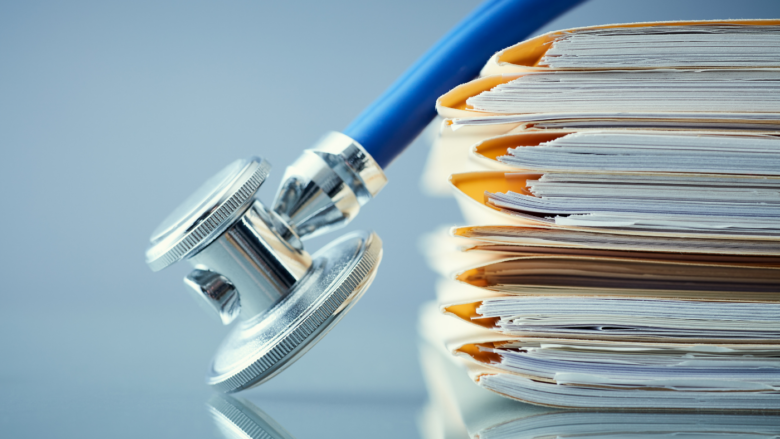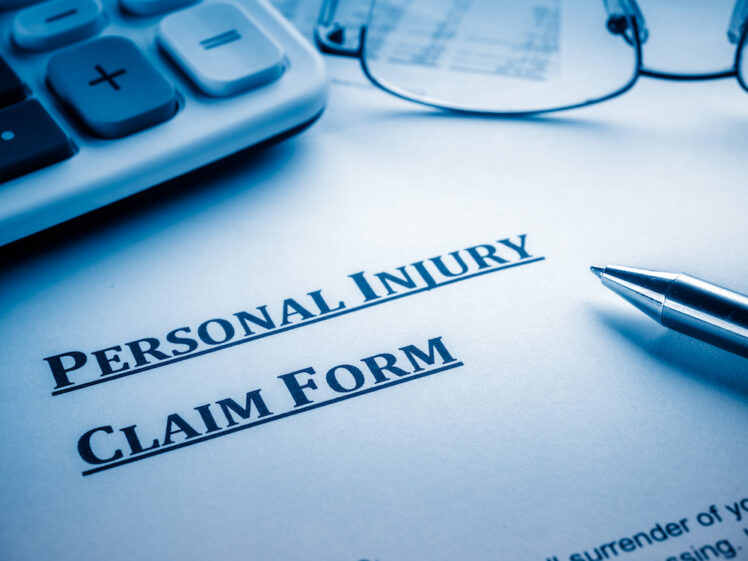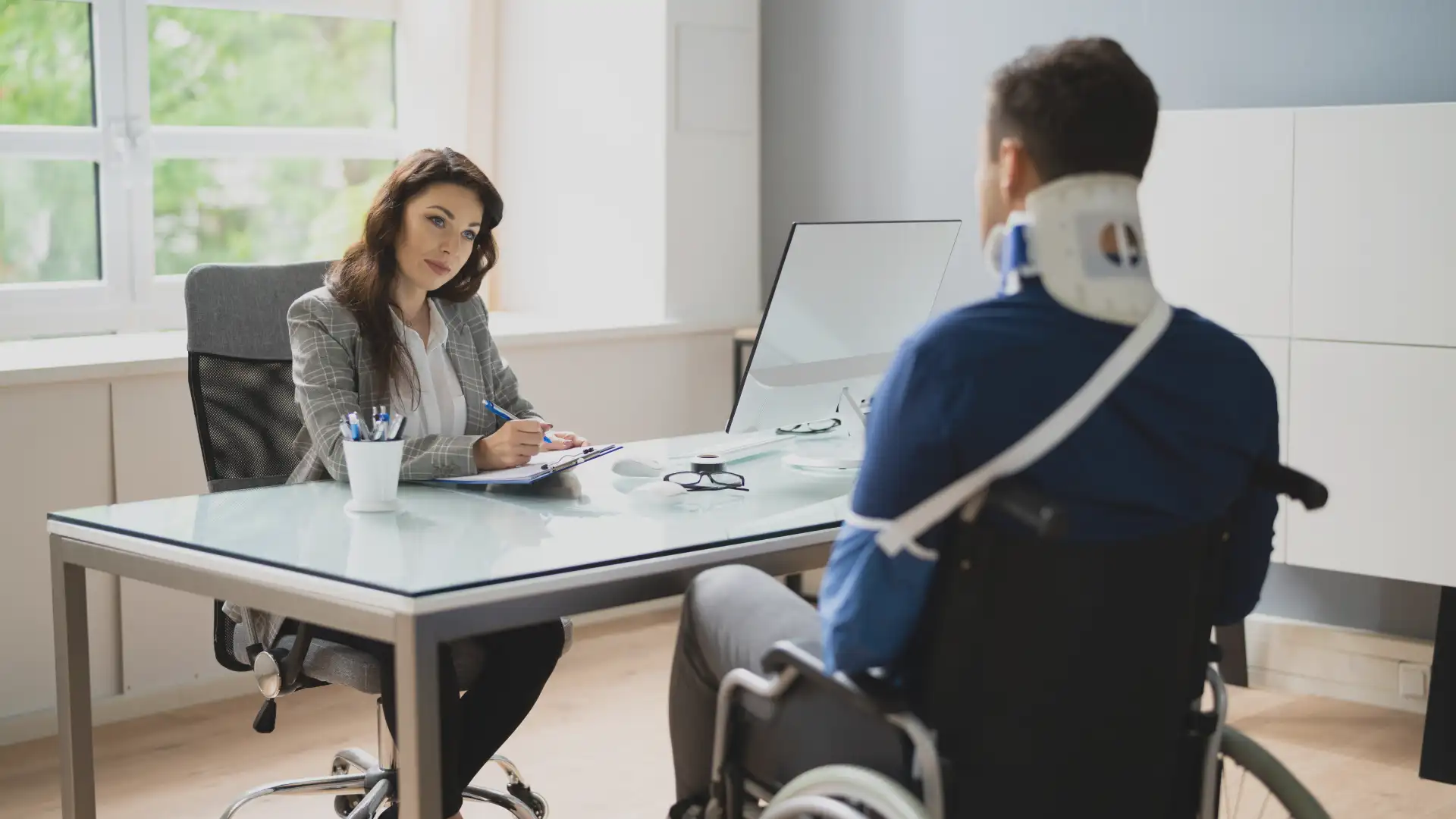In the realm of personal injury litigation, the role of medical evidence cannot be overstated. It serves as the linchpin that holds together a personal injury claim, providing the necessary proof of injuries, their severity, and their causal connection to the defendant’s actions. This article dives deep into the world of medical evidence in personal injury cases, exploring the significance of medical records, various types of evidence, and the strategies to gather and leverage it effectively.
Contents
- The Role of Medical Records
- Types of Medical Evidence
- Diagnostic Tests
- Expert Medical Opinions
- Medical Bills and Receipts
- Photographs and Visual Evidence
- Gathering Strong Medical Evidence
- Choosing the Right Healthcare Providers
- Documenting Injuries and Treatments
- Leveraging Medical Evidence for a Stronger Claim
- Establishing Causation
- Demonstrating the Severity of Injuries
- Challenges and Pitfalls to Avoid
- Incomplete Medical Records
- Independent Medical Examinations
- Working with Legal Professionals
- Collaborating with Personal Injury Attorneys
- Expert Witnesses and Their Role
The Role of Medical Records
At the heart of any personal injury case are the medical records that chronicle the victim’s journey from injury to recovery. These records serve as the foundation upon which the entire claim is built. They include detailed accounts of the injuries sustained, the treatments received, and the patient’s progress over time.
When it comes to personal injury claims, insurance companies, judges, and juries heavily rely on these medical records. They scrutinize them to assess the validity of the claim, the extent of the injuries, and the medical costs incurred. Therefore, it’s essential to maintain thorough and accurate records.

Source: 247digitize.com
Types of Medical Evidence
Medical records are just the tip of the iceberg when it comes to the types of medical evidence that can bolster a personal injury case. Here, we explore some of the critical forms of medical evidence that can make a substantial difference in the outcome of your claim:
Diagnostic Tests
Diagnostic tests, such as X-rays, MRIs, and CT scans, play a vital role in objectively confirming the nature and extent of injuries. These tests provide tangible evidence that can be presented in court to support your case.
Expert Medical Opinions
Expert medical opinions can carry significant weight in a personal injury case. Obtaining opinions from specialists who can attest to the cause, severity, and long-term implications of your injuries can be a game-changer.

Source: theconversation.com
Medical Bills and Receipts
Accurate documentation of medical bills and receipts is crucial. These documents not only demonstrate the financial impact of your injuries but also serve as tangible evidence of your expenses.
Photographs and Visual Evidence
Photographs of injuries and the accident scene can be compelling visual evidence. They provide a clear and immediate depiction of the situation, making it easier for others to understand the circumstances surrounding your injury.
Gathering Strong Medical Evidence
Now that we understand the role and types of medical evidence, let’s delve into the process of gathering strong evidence to support your personal injury claim.
Choosing the Right Healthcare Providers
Selecting the appropriate healthcare providers is a critical step in building a strong case. The choice of doctors, specialists, and therapists can significantly impact the strength of your medical evidence. Here are some considerations:
- Specialization: Seek out healthcare providers who specialize in treating injuries similar to yours. Their expertise can enhance the credibility of your case.
- Documentation Skills: Ensure that your healthcare providers are thorough in documenting your injuries, treatments, and progress. Clear and detailed records are essential.
- Objectivity: It’s crucial that your healthcare providers remain objective and do not downplay the severity of your injuries. Their unbiased assessments are essential for a credible claim.

Source: pinterest.com
Documenting Injuries and Treatments
The process of documenting injuries and treatments is central to building a strong personal injury claim. Here’s how to go about it:
- Seek Immediate Medical Attention: After an accident, seek medical attention promptly, even if your injuries seem minor. Delayed med care can weaken your claim.
- Be Transparent: Be open and honest with your healthcare providers about your symptoms, pain levels, and limitations. This information helps them provide accurate documentation.
- Follow Treatment Plans: Adhere to your healthcare providers’ recommended treatment plans diligently. Gaps in treatment can be used against you by the opposing party.
- Keep a Personal Journal: Maintaining a personal journal detailing your daily experiences, pain levels, and the impact of injuries on your life can provide valuable supplementary evidence.
Leveraging Medical Evidence for a Stronger Claim
Having gathered strong medical evidence, the next step is to leverage it effectively in your personal injury claim. This involves two key aspects:
Establishing Causation
Proving causation is essential in personal injury cases. You must demonstrate that the defendant’s actions directly led to your injuries. Here are some strategies:
- Expert Testimony: Expert witnesses can provide professional opinions on the causal link between the accident and your injuries.
- Witness Statements: Eyewitnesses who can testify about the circumstances of the accident can help establish causation.
- Documentation: Thoroughly documented medical records that attribute your injuries to the accident are crucial.

Source: nationalcredentialing.com
Demonstrating the Severity of Injuries
The severity of your injuries plays a pivotal role in determining the compensation you receive. To demonstrate the gravity of your injuries, consider these approaches:
- Medical Expert Opinions: Expert medical opinions can clarify the long-term consequences and potential complications of your injuries.
- Before-and-After Comparisons: Use medical records and photographs to illustrate how your life has changed since the accident.
- Loss of Enjoyment: Describe how your injuries have affected your ability to enjoy life, pursue hobbies, or engage in activities you once loved.
Challenges and Pitfalls to Avoid
While building a strong personal injury case, it’s essential to be aware of potential challenges and pitfalls that could undermine your efforts.
Incomplete Medical Records
Incomplete or inconsistent medical records can raise doubts about the validity of your claim. To avoid this pitfall:
- Request Complete Records: Ensure that your healthcare providers provide you with comprehensive medical records.
- Regularly Review Records: Periodically review your records to identify and rectify any inaccuracies or omissions.

Source: resminilawoffices.com
Independent Medical Examinations
Insurance companies often request independent medical examinations (IMEs) to assess your injuries. These examinations can be tricky to navigate:
- Know Your Rights: Understand your rights during an IME, including the right to have your attorney present.
- Be Prepared: Before the IME, consult with your attorney and ensure that all your medical records are in order.
Working with Legal Professionals
To navigate the complexities of a personal injury claim effectively, it’s often beneficial to collaborate with legal professionals who specialize in personal injury cases.
For those navigating personal injury claims in Phoenix, consulting with a dedicated Phoenix Personal Injury Lawyer ensures that every aspect of your case is thoroughly addressed. Their expertise not only guides you through legal intricacies but also maximizes the potential of your claim.
Collaborating with Personal Injury Attorneys
Personal injury attorneys can be your greatest allies in the pursuit of fair compensation. They offer a range of services, including:
- Legal Counsel: Providing legal advice and guidance throughout the claims process.
- Negotiation: Negotiating with insurance companies and opposing parties to secure a fair settlement.
- Litigation: Representing you in court if a fair settlement cannot be reached.
If you’re in need of experienced legal representation, visit their website to connect with a skilled personal injury lawyer who can advocate for your rights.

Source: epsteinlawyers.com
Expert Witnesses and Their Role
Expert witnesses bring specialized knowledge to your case. They can:
- Provide Credibility: Expert opinions can lend credibility to your claim.
- Clarify Complex Issues: In cases involving intricate medical details, expert witnesses can simplify and explain complex concepts to judges and juries.
In conclusion, medical evidence is the cornerstone of a successful personal injury claim. Understanding its role, gathering strong evidence, and leveraging it effectively are essential steps in the process. By avoiding common pitfalls and collaborating with legal professionals, you can enhance your chances of securing the compensation you deserve. After all, the strength of your medical evidence can make all the difference in the outcome of your personal injury case.
